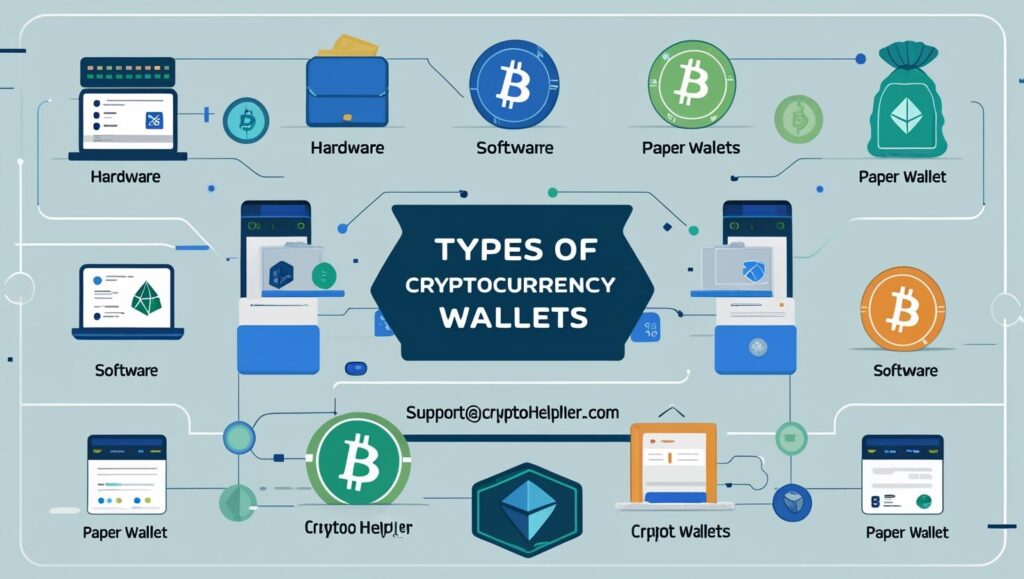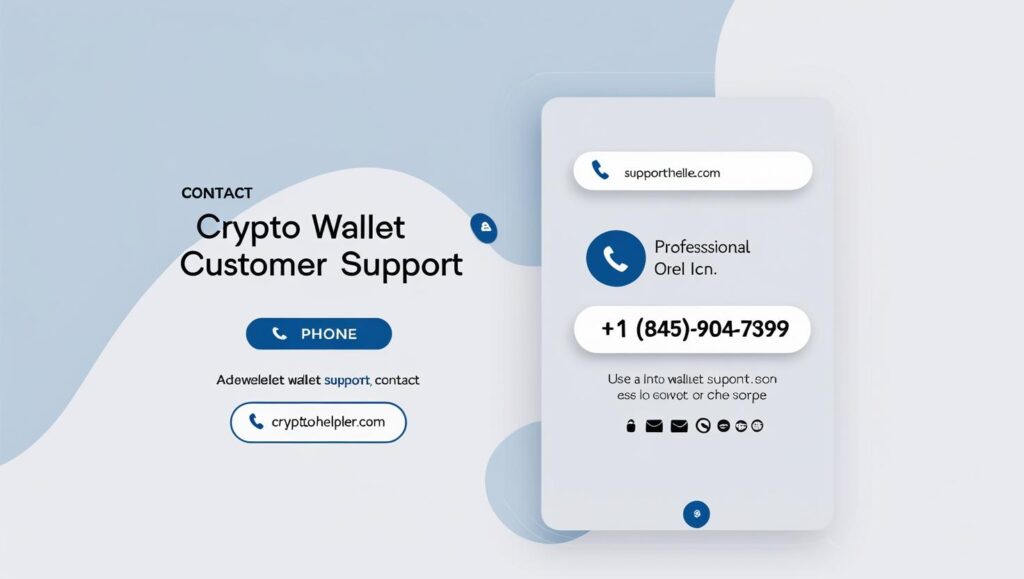🔐 What Is a Blockchain Wallet? Everything You Need to Know (2025 Guide)
Ever wondered what a blockchain wallet actually does? 🤔 Think of it as your digital vault—a place to store, send, and protect your cryptocurrency. Whether you’re looking for the best crypto wallet in the USA, need crypto wallet recovery tips, or just want to avoid card issues and verification failures, this guide has you covered.
🚀 What Is a Blockchain Wallet? (And Why It Matters)
A blockchain wallet is your gateway to the crypto universe. Unlike your regular wallet that holds cash, a blockchain wallet stores your public and private keys—the credentials that prove you own your digital assets.
Here’s why it’s essential:
- Securely store your crypto 🔒
- Send & receive funds worldwide 🌍
- Stay in control—no banks involved 🏦
Want a step-by-step breakdown of one of the most popular options? Read:
👉 Blockchain Wallet by Blockchain.com: A Complete Guide
📂 Types of Crypto Wallets (Choose Wisely!)
Picking the best crypto wallet depends on your goals:
- Hot Wallets (Mobile & Web Apps) – Perfect for quick trades 💻
- Cold Wallets (Hardware Devices) – Maximum security for HODLers 🛡️
- Custodial Wallets – Managed by an exchange (less control, more convenience) 🔑
- Non-Custodial Wallets – You hold the keys (and the responsibility) 🗝️
New to investing? Check our guide to safe and profitable strategies:
👉 Legit Crypto Investments: A Roadmap to Safe and Profitable Ventures
⚙️ How Does a Blockchain Wallet Work?
Here’s the magic in simple terms:
- Public Key: Your crypto “address” for receiving funds.
- Private Key: Your digital signature that proves ownership.
Every transaction is verified on the blockchain to keep your funds safe. Still confused? Get instant solutions to wallet errors here:
👉 Crypto Helpdesk: Instant Support for Transactions & Blockchain Issues
🔒 How to Set Up a Secure Crypto Wallet
- Download ONLY from official sources (avoid scams 🚫).
- Back up your seed phrase—write it down and store offline 📜.
- Enable 2FA for an extra layer of security 🔐.
- Keep your wallet updated to prevent vulnerabilities 🔄.
Need direct support? Check our guide:
👉 How to Contact Blockchain Customer Service and Support

🛡️ Best Practices for a Secure Crypto Wallet
- Use cold wallets for long-term storage.
- Split assets across multiple wallets for safety.
- NEVER share your private keys.
If your blockchain verification failed, don’t panic:
👉 Why Blockchain Verification Failed: Fix KYC & ID Issues Fast
🔑 Crypto Wallet Recovery Tips (When Things Go Wrong)
Lost access? Here’s how to recover:
- Use your seed phrase to restore access.
- Check encrypted backups (for hardware wallets).
- Reach out to customer support if you’re using a custodial wallet.
Need help right now?
👉 Crypto Helpdesk: Instant Support for Transactions & Blockchain Issues
💳 Fixing Crypto Purchase Card Issues (2025 Update)
Buying crypto with a card in the USA? Common problems include:
- Bank blocks on international transactions.
- Incorrect billing info.
- Exchange verification delays.
Solve them step-by-step here:
👉 How to Fix Card Issues When Buying Crypto (Full Guide 2025)
🧾 Verification failed wallet support? Here’s How to Fix It Fast
“Verification Failed” errors happen when:
- Your ID details don’t match.
- Your documents are expired.
- Your photo quality is too low.
Fix it instantly with this guide:
👉 Why Blockchain Verification Failed: Fix KYC & ID Issues Fast
✨ Features to Look for in the Best Crypto Wallets
Modern wallets aren’t just for storage. They also offer:
- Staking & Yield Farming for passive income 🌱
- Built-in DEX support for trading directly in your wallet 🔄
- NFT & DApp integration for the Web3 future 🚀
🧑💻 When to Contact Crypto Wallet Customer Support
Reach out when you experience:
- Lost seed phrase issues.
- Stuck transactions.
- Suspected hacks or phishing attempts.
Get the right contact methods here:
👉 How to Contact Blockchain Customer Service and Support

🔥 FAQs
1. What is the safest blockchain wallet?
Cold wallets like Ledger and Trezor are considered the most secure.
2. Can I recover my wallet without a seed phrase?
Non-custodial wallets require a seed phrase, but custodial wallets might help via support.
3. Why did my card payment fail?
See this: How to Fix Card Issues When Buying Crypto (Full Guide 2025).
4. What should I do if my blockchain verification failed?
Follow these steps: Fix KYC & ID Issues Fast.
🎯 Final Thoughts: Master Your Blockchain Wallet
A blockchain wallet is your ticket to crypto freedom. By choosing the best crypto wallet, securing it like a pro, and knowing how to fix card issues or verification problems, you’ll be ready to navigate the digital economy with confidence.
Explore more guides to level up:
